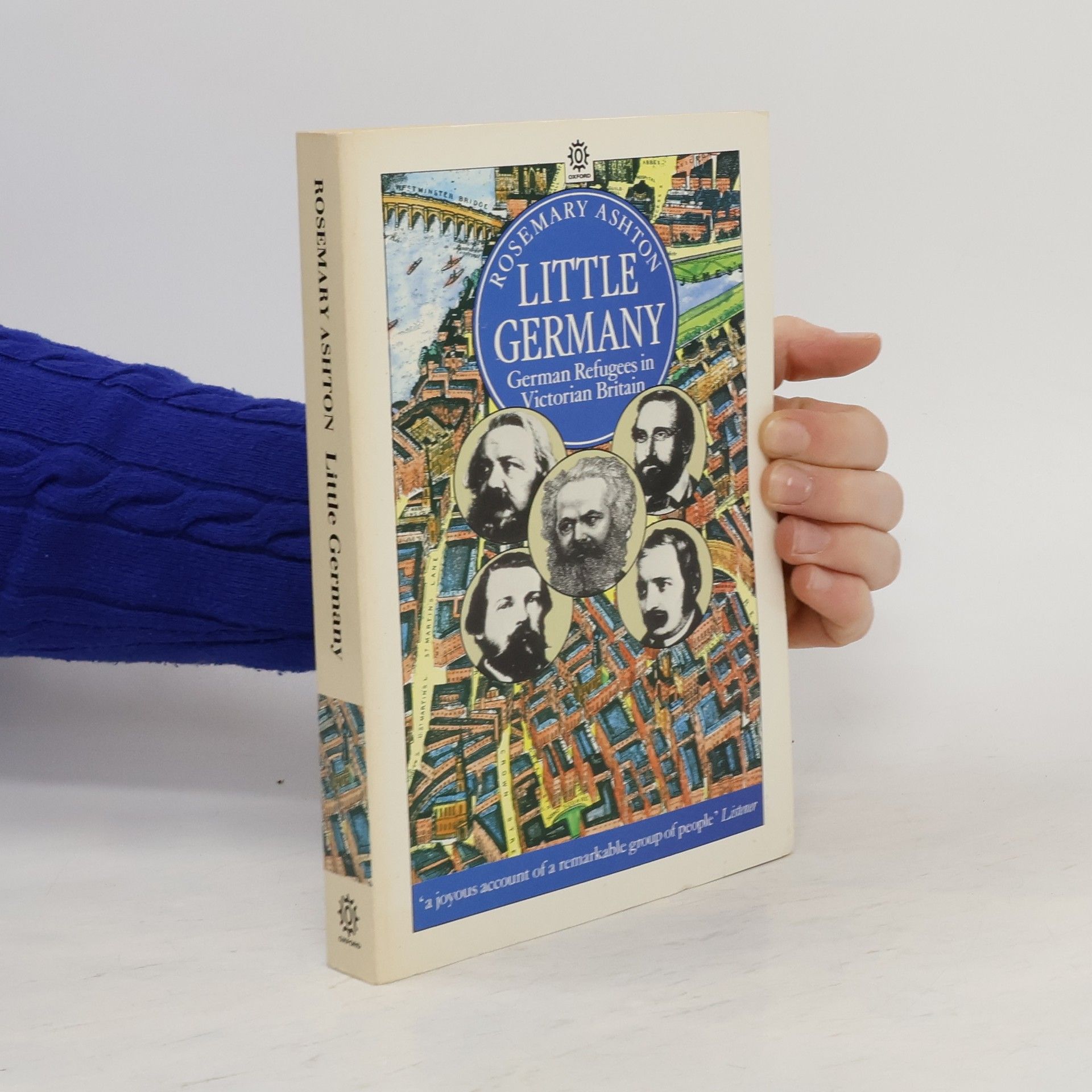In the mid-19th century, England became the home of a group of German exiles seeking refuge from political repression in their own country. The group--which included Karl Marx and Friedrich Engels, Friedrich Althaus, Lessner and Eccarius, and the remarkable Johanna Kinkel and Malwida von Meysenbug--shared a common quest for political freedom. The outcome of their search, and the exiles' ability to come to terms with it, is the subject of this book. Drawing on a rich store of letters, memoirs, and articles written by the exiles, Ashton lucidly charts the fortunes of this diverse group and presents a new perspective on Victorian England through the eyes of foreigners seeking asylum there. Their views of English liberties and restraints, fairness and prejudice, and tolerance and tradition in matters of politics, religion, class, and sexual relations offers an unusual insight into Victorian life.
Rosemary Ashton Pořadí knih (chronologicky)
Rosemary Ashton je emeritní profesorkou anglického jazyka a literatury. Její práce se zaměřuje na literární historii a kulturu, přičemž zkoumá, jak se literatura vyvíjela a jak odráží společenské změny. Ashton přináší do studia literatury hluboký vhled a analytický přístup. Její odbornost spočívá v propojování literárních děl s jejich širším historickým a kulturním kontextem, což čtenářům umožňuje lépe pochopit jejich význam.
